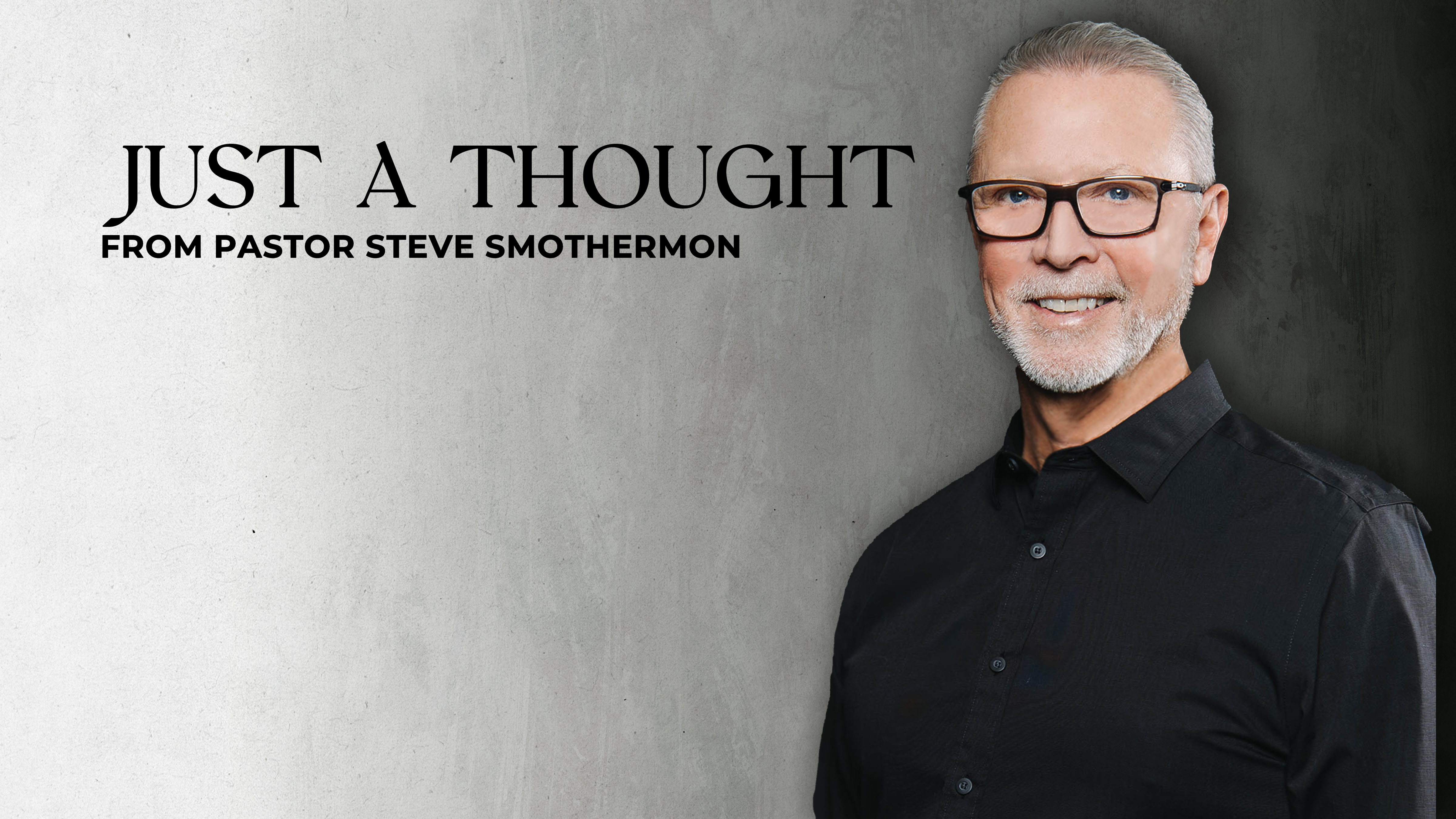#Truth: The New Hate Speech
So much is being said about hate speech in our country today. We know it is a relatively new term. What it really means is that there are certain words and phrases which we should never say because they may hurt someone’s feelings.
Even though we should never purposefully hurt someone’s feelings, we should never bow down to a small group of people who want to restrict our speech. The politically correct police, whoever they are, want to tell us what we should say or should not say.
It’s crazy how our country has gone in the last twenty to thirty years — how today everything hurts someone’s feelings. It’s sad to me how people can buy into this rhetoric. What people are actually saying is: “If I don’t agree with what you are saying or just don’t like what you are saying, then what you are saying is hate speech.”
I think we all should be careful, because if it weren’t for the First Amendment to our Constitution, the courts and the media would decide what we can and cannot say. What makes America great is people who honor the Constitution of the United States. We allow people to say what they want even when it may be offensive or hurt our feelings. We do not stifle someone’s right to say what they want because if we are not careful, one day someone will say to you, don’t say this or that. Freedom of speech is paramount to keeping us free in this country to be able to believe and say what we want.
The greatest thing for me is to be able to worship the Father of my Lord Jesus without any fear of repercussion from anyone. Let’s be kind to one another, but continue to put God first in every area of our lives.
#Truth is the new hate speech. If you quote the word of God, touchy people are calling that hate speech. Let’s be mindful.
Just a thought,
PSS
Published on Monday, May 30, 2016 @ 10:59 AM MDT
Maintaining a Christian Worldview
As our society gets more and more secular (anti-God), we as Christians must develop and maintain our Christian worldview. That means those whom we support politically or in our everyday lives must be weighed against the word of God.
How unfortunate, in this their culture, that we will be forced to vote for people who are the most closely aligned with our Bible — the word of God. The First Amendment of the Constitution is the foundation for all the amendments to our Constitution. The two most important principles are freedom of religion and freedom of speech. Without these two, the Constitution will fall apart. The government is telling us what we should believe and what we are allowed to say. If we don’t put our Christianity first in every area of our lives, we will lose our rights.
If you really believe in the Bible and in the Lord Jesus, you could never support or approve of a socialist. Socialism is contrary to biblical principles. I have said it many times — the public school systems are indoctrinating our children. What they should be doing is educating and teaching them about the greatness of America and the Constitution and what the republic means.
We can see today many, not all, young people want things for free. Nothing is free: somebody will always have to pay. Let’s begin to put the word of God first. Let’s weigh everything against the word of God. If it is not in line with the word of God, we must reject it or them, and allow God to truly lead us. I’m concerned for the church and people who claim to believe the word of God and claim to obey Him, but yet follow the ways of the world and support people who are against our faith. We will know them by their fruit — their actions, not their words.
William Booth wrote in the late 1800s: “The chief danger that confronts the coming century will be religion without the Holy Ghost, Christianity without Christ, forgiveness without repentance, salvation without regeneration, politics without God, heaven without hell.” It’s happening today; we are witnessing this right now. Let’s allow God to lead our lives. Let’s put Him first in every area of our lives!
Just a thought,
PSS
Published on Tuesday, May 24, 2016 @ 6:43 AM MDT
Mind VS. Heart
Our feelings were never meant to lead us — they were meant to follow our mind. So many are led by their feelings when it comes to life decisions. But our feelings, or how we feel about a person or situation, should not be the final word.
We were created higher and better than all other creation. We were created in the image of God. We were created eternal beings — we will live forever in heaven or in hell. We were also given the ability to choose, to make choices. We are to live by the choices we make; and, hopefully, we will choose God’s way, and make choices that are in line with His word.
Jesus made it clear by His garden experience, when He threw Himself down to the ground, asking God the Father if the cup of sacrifice could pass from Him. But then He ended by saying, “Not My will, but Yours.” It won’t always be easy to do the will of God: to go against the way we feel at times — the way we feel vs. do the will of God when it is hard to do. But it is about His will, not ours. It is about His word: not the way we feel at the time. Our culture has ingrained in our society, If it feels good, do it. But as Christians we must weigh every decision against the word of God, and obey what He says. Our feelings were never meant to lead our lives: they were meant to be led by our mind, our choices.
I pray you choose God’s way over everything else and truly live and have good health. Proverbs 4:23 NLT — Guard your heart above all else, for it determines the course of your life.
Just a thought,
PSS
Published on Sunday, May 15, 2016 @ 8:55 PM MDT
Renewing Our Minds
Marcus Aurelius (A.D. 121-180), emperor of Rome, said, “Our life is what our thoughts make it.” How true that is. The thing we need to realize is: unless we are willing to change our thoughts and our minds, we will never change. First, we need to know that we can renew our thinking to God’s way of thinking. It’s possible if we are willing and if we want a close relationship with God. So many believe they have a close relationship with God because of how they feel, but nothing could be further from the truth. It’s not about how we feel: it’s all about what we know.
We come to God, through Jesus, with so many preconceived ideas about life. However, these need to be changed by renewing our thinking to line up with God’s word. Some might come to Christ believing that certain lifestyles are OK or believing something that is against the word of God. When asked why, they will say, “I feel this way” or “I feel that way.” How sad for that person who will never experience all God has for them because they violate God’s word by preferring their feelings first. But when we learn that God’s word convicts, we must change our minds.
God’s word is the ultimate authority. We can get closer to God, and we can have a better life, but that will only happen if we are willing to have ears to hear what the Spirit is saying. Then we will experience real #LifeChange.
Just a thought,
PSS
Published on Monday, May 9, 2016 @ 9:16 PM MDT
Real Leadership
Real leadership is what our country, state, and local communities desperately need. I believe we are suffering in this area because people don’t really know what leadership is. Most people think leadership is merely occupying a position, but it’s much more than that. It’s about humility and influence — fundamentals of real leadership — being teachable, and realizing we may be wrong at times.
Unfortunately, many think that leadership is a means to getting their own way and doing what they want, regardless of how it affects others. But if you have to keep reminding people who you are, then you are operating in the lowest form of leadership — positional leadership, which says, “I’m the boss; do what I say, or else!” If this is your style of leadership, you must realize that people intuitively know if you think you are better than they are, and no one wants to follow a leader like that.
Ultimately, we must realize, especially in the body of Christ, that we are smarter together than any one of us could ever be alone. Real leadership asks, “How can I help?” and says, “Come be a part of the team!” not “Do this,” or “Do that.” When leading others in any capacity, remember the words of Theodore Roosevelt, “People don’t care how much you know until they know how much you care.”
Just a thought,
PSS
Published on Monday, May 2, 2016 @ 6:23 AM MDT

Latest Media
Check out our latest sermons, stream church service live or see other videos and podcasts.

